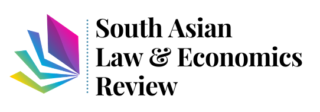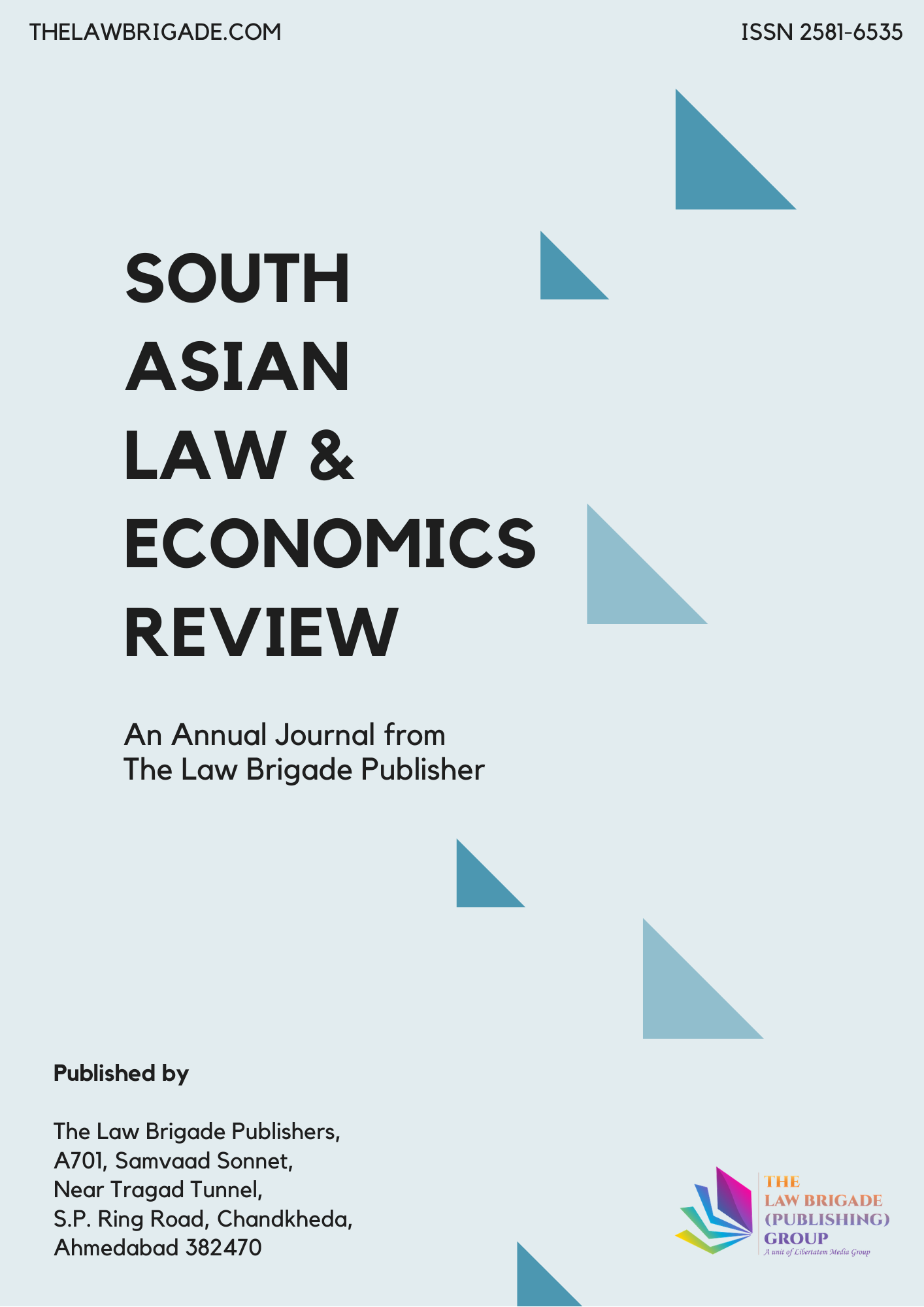Over the years, India’s patent laws have changed. The British passed India’s first patent law, i.e., Act VI of 1856, during the colonial era. Subsequently, changes to the patent regime regulations were made, with the most recent being implemented in 2005. The Ayyangar Report, created by a commission led by Rajagopala Ayyangar, a former Supreme Court Justice, was the primary inspiration for the Patents Act of 1970. The Report’s main recommendation was to keep products out of the purview of patentable inventions so that everyone could access affordable food and medicines essential to the community’s health. It also suggested that no monopoly should be granted regarding such products. It was further recommended that processes be granted patents using examples of other patent regimes, such as Germany. Allowing process patents and outlawing product patents would promote research and invention by preventing someone else from developing the same method using a completely different process.[i] However, India was forced to amend the Patents Act 1970 and allow the process and product patents, which included pharmaceutical drugs, after the TRIPS Agreement was signed, which set common minimum standards of patent protection to be followed by TRIPS signatories. After several States turned to grant compulsory licenses concerning pharmaceutical drugs to safeguard the public health of their citizens, discussions about the standards of patent protection conferred by various jurisdictions and questions about their compliance with the minimum requirements set forth by the TRIPS Agreement have grown recently.[ii] Chapter VI of the Patents Act of 1970, which contains Sections 82 to 94, contains the present compulsory licensing system for patents in India. It is also governed by international agreements like the TRIPS Agreement, the Paris Convention, and the Doha Declaration. The Trips Agreement’s patent protections are included in Articles 26 and 34 of Section 5.
[i] World Trade Organisation, Compulsory licensing of pharmaceuticals and TRIPS, http://www.wto.org/english/tratop_e/trips e/public_health_faq_e.htm (last visited Nov 1, 2022)
[ii] Deli Yang, Compulsory licensing: For better or for worse, the done deal lies in the balance, 17 Journal of Intellectual Property Rights (2012).





